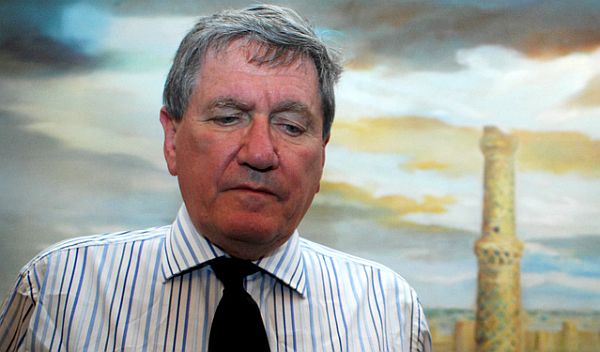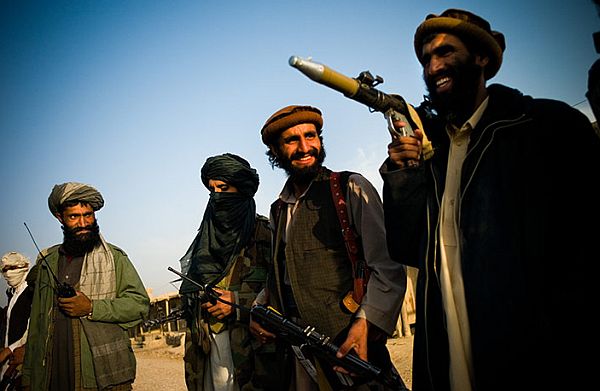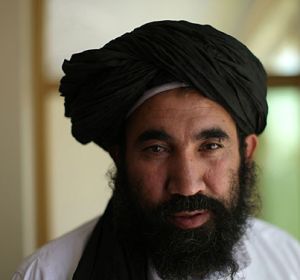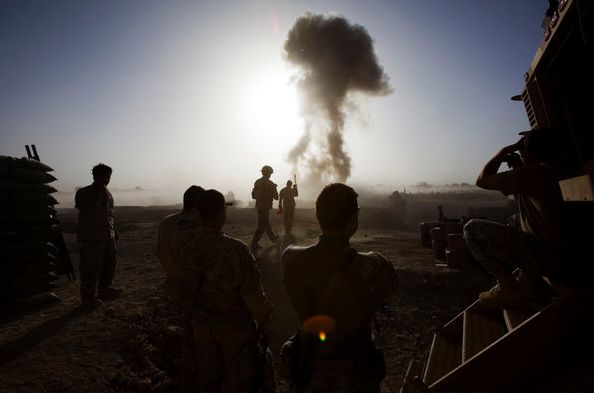The New York Times reports:
Senior American military commanders in Afghanistan are pushing for an expanded campaign of Special Operations ground raids across the border into Pakistan’s tribal areas, a risky strategy reflecting the growing frustration with Pakistan’s efforts to root out militants there.
The proposal, described by American officials in Washington and Afghanistan, would escalate military activities inside Pakistan, where the movement of American forces has been largely prohibited because of fears of provoking a backlash.
The plan has not yet been approved, but military and political leaders say a renewed sense of urgency has taken hold, as the deadline approaches for the Obama administration to begin withdrawing its forces from Afghanistan. Even with the risks, military commanders say that using American Special Operations troops could bring an intelligence windfall, if militants were captured, brought back across the border into Afghanistan and interrogated.
The Americans are known to have made no more than a handful of forays across the border into Pakistan, in operations that have infuriated Pakistani officials. Now, American military officers appear confident that a shift in policy could allow for more routine incursions.
America’s clandestine war in Pakistan has for the most part been carried out by armed drones operated by the C.I.A.
Additionally, in recent years, Afghan militias backed by the C.I.A. have carried out a number of secret missions into Pakistan’s tribal areas. These operations in Pakistan by Afghan operatives, known as Counterterrorism Pursuit Teams, have been previously reported as solely intelligence-gathering operations. But interviews in recent weeks revealed that on at least one occasion, the Afghans went on the offensive and destroyed a militant weapons cache.


 Many dispatches focus on the behaviour of Karimov’s glamorous and highly controversial daughter Gulnara, who is bluntly described by them as “the single most hated person in the country”.
Many dispatches focus on the behaviour of Karimov’s glamorous and highly controversial daughter Gulnara, who is bluntly described by them as “the single most hated person in the country”.
 Zaeef is now a prolific writer and speaks five languages fluently. According to many Taliban insiders, if there are any negotiations between the Taliban and the Americans they will go through him.
Zaeef is now a prolific writer and speaks five languages fluently. According to many Taliban insiders, if there are any negotiations between the Taliban and the Americans they will go through him.